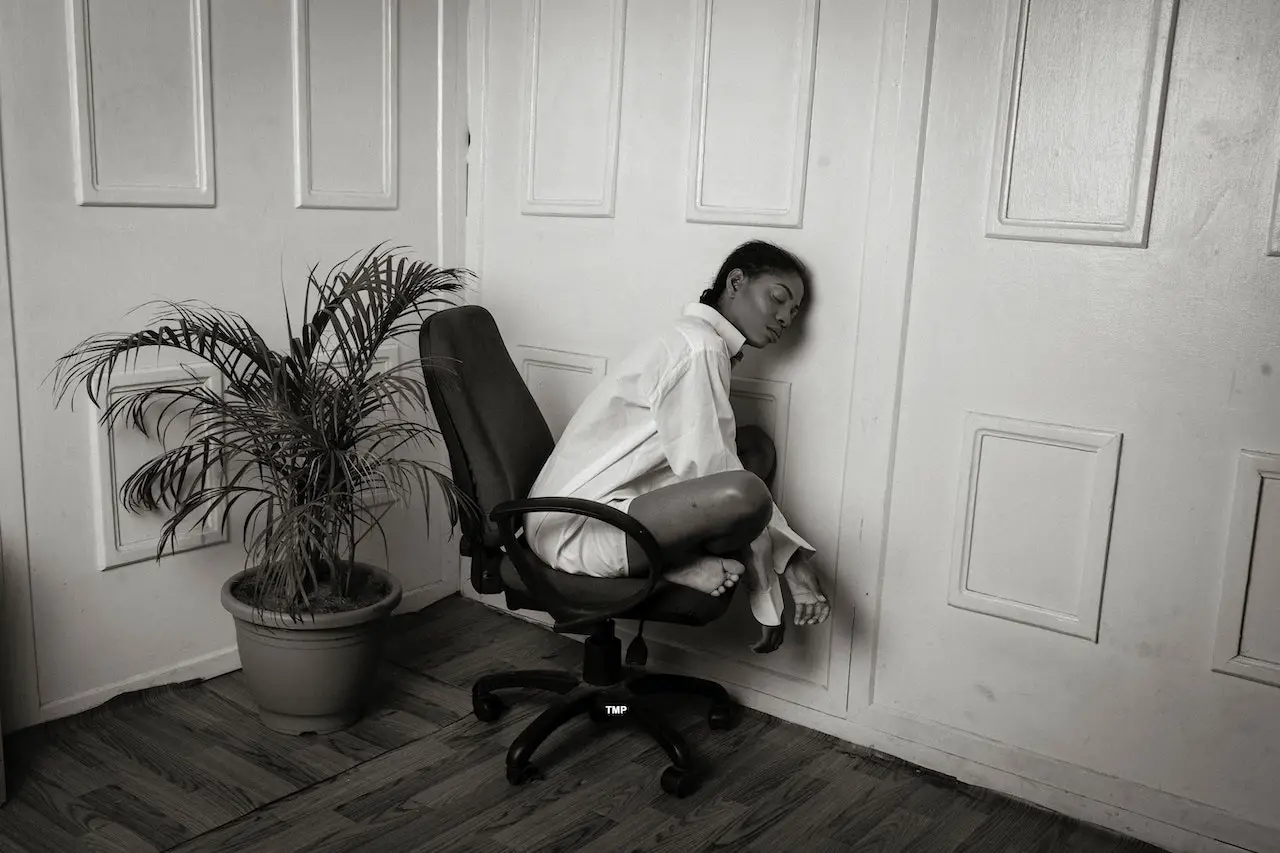What are the stages of guilt after cheating? When a spouse cheats, the cheater is often afflicted with guilt. The cheater may say that he or she abused the relationship by not respecting boundaries or taking advantage of their vulnerability.
They may also say that they ended the affair to avoid the pain of hurting their loved ones. However, the cheater might not have ended the affair if they hadn’t been caught. In either case, the dishonest behavior can have a lasting effect on a person’s well-being.
The Stages of Guilt After Cheating
Bargaining
Bargaining is one of the stages of guilt after cheating and these are stages of grief and guilt that occur after an affair. A victim of an affair will seek to make up for the damage done to their relationship through bargaining with their partner. They will also try to resolve issues in the relationship that led to the affair. They will often go on their knees and make promises to mend their ways.
Also read: “What Will Happen When a Narcissist Meets His Match?”
The cheater will first experience emotional turmoil. This will be followed by a realization of the consequences of their actions. As they begin to face the reality of their behavior, they will finally come to terms with the infidelity.
Depression
Depression after cheating is a terrible emotional state that consumes your energy and prevents you from pursuing your daily routine. It entangles you in negative thoughts, which are difficult to deal with. You may even feel hopeless. Fortunately, there are steps you can take to deal with your depression after cheating.
First of all, it is important to seek professional help. Your doctor will be able to help you cope with your depression. They will also be able to tell you the best way to overcome it. They will need to identify the underlying causes of your depression. You can also try medication or talk to a psychologist for guidance.
Depression after cheating can be very difficult to deal with, but it is an important part of recovery. The hardest part of dealing with depression after cheating is motivating yourself to take the first step towards recovery. Remember that you cannot take back what you did, so you must focus on your own mental health.
Remorse
Remorse after cheating is common, but you shouldn’t let it keep you from moving on with your life. You should forgive yourself and make an effort to be a better person. Remember, your partner is not the only person who has flaws and is just human. Remorse is different from guilt.
In some cases, the cheating partner may not feel any remorse because they know that they have done something wrong. In this case, it is a better idea for you to seek help from a therapist. He or she will help you process your emotions and help you understand the reasons why your cheating partner didn’t feel guilty.
The first step to show remorse after cheating is to apologize. A man who feels remorse for cheating will be honest about it. He won’t accuse the woman of anything, but will acknowledge that it was wrong. He will also try to put himself in her shoes.
Acceptance
If your partner has cheated on you, the best thing you can do is to accept your guilt. You need to learn from this experience, and then you can move on. However, you must remember that cheating is never okay. Never try to justify your actions or blame your partner.
Rather, focus on the lessons you have learned from this experience and work on improving your relationships in the future.
Although cheating is a huge mistake, you must understand that it has a lasting impact on your relationship. It can even teach you how to be a better person in the future. Instead of allowing guilt to take over your life, work on improving yourself.
Forgiveness
Forgiveness after cheating can be difficult, especially if you’ve been hurt by the betrayal. It’s important to take a step back and think about what you want in a relationship before deciding whether or not to forgive the person who betrayed you. Thankfully, there are several options available to help you move on after being cheated on.
The first option is to talk to a therapist or counselor. They will help you process your feelings and help you come to terms with your experience. The counselor can also help you identify coping strategies. It’s important to get your emotions out.

